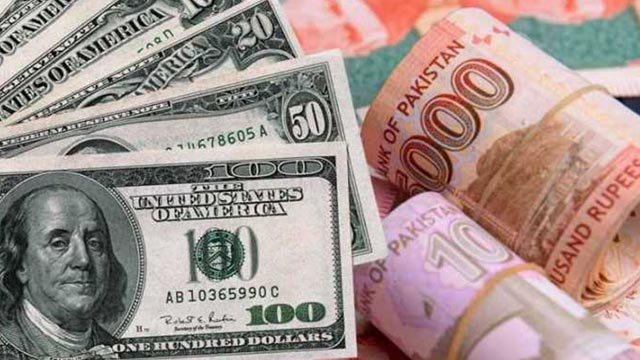The relentless surge in food prices continues to burden citizens across Pakistan, with the latest spike in chicken and vegetable prices sparking widespread concern. In Karachi, the cost of chicken meat has now surpassed Rs. 710 per kilogram, while eggs have reached an astonishing Rs. 300 per dozen, making basic food items increasingly unaffordable for many.
This upward trend in prices isn’t confined to Karachi alone. In Punjab, including major cities like Lahore, the cost of chicken meat is also soaring, leaving residents to grapple with the growing financial strain. The situation is further exacerbated by the rising prices of essential vegetables, compounding the difficulties faced by households already struggling to make ends meet.
Chicken, a staple protein source for many Pakistanis, has become a symbol of the country’s inflationary pressures. Just a few months ago, chicken prices were significantly lower, but now they have surged past Rs. 710 per kilogram in Karachi, leaving consumers frustrated and disillusioned. The price of eggs, a key component of many diets, has also seen a sharp increase, reaching Rs. 300 per dozen.
“I used to buy chicken regularly for my family, but now it’s almost out of reach,” lamented Mrs. Ahmed, a Karachi resident. “Even eggs, which were once an affordable alternative, have become a luxury. It’s becoming impossible to maintain a balanced diet.”
The situation is equally dire when it comes to vegetables, a vital part of the daily diet. Prices have skyrocketed across the board, with okra now selling at Rs. 320 per kilogram and lemons at Rs. 340 per kilogram. Other vegetables, including cabbage, capsicum, and taro root, are also being sold at over Rs. 300 per kilogram, making it difficult for families to incorporate these essential nutrients into their meals.
In Karachi’s bustling markets, vendors express concern over the decreasing number of customers as prices continue to climb. “People come to the market, but they leave without buying anything,” said Aslam, a vegetable vendor in Karachi’s Saddar market. “They can’t afford these prices, and it’s affecting our business as well.”
For the average Pakistani household, these price increases are causing significant financial strain. With incomes largely stagnant, families are being forced to make tough choices about what to buy and what to forgo. Many are turning to cheaper, less nutritious food options, which could have long-term implications for public health.
“The rising prices are forcing us to cut down on our food intake,” said Mr. Khan, a resident of Lahore. “We can’t afford to buy the same amount of vegetables and meat as before, so we’re opting for cheaper options like lentils and potatoes. But it’s not the same.”
The reasons behind these escalating prices are multifaceted. Supply chain disruptions, increased fuel costs, and seasonal factors are all contributing to the surge in food prices. Additionally, inflationary pressures and economic instability have compounded the situation, making it difficult for the government to control the prices of essential commodities.
Experts also point to the impact of climate change on agricultural production, which has led to reduced yields and higher prices. “Extreme weather events, such as floods and droughts, have disrupted agricultural cycles, leading to shortages and higher prices,” said Dr. Zubair, an agricultural economist. “This is a challenge that will require long-term planning and investment in climate-resilient agriculture.
The government’s response to the crisis has been met with widespread criticism. While efforts have been made to control prices through market interventions and subsidies, these measures have so far proven insufficient. The public continues to demand stronger action to alleviate the financial burden on ordinary citizens.
“The government needs to step in and regulate these prices,” said Mrs. Ahmed. “It’s their responsibility to ensure that food remains affordable for everyone. We can’t go on like this.”
As Pakistanis grapple with the ever-increasing cost of living, the soaring prices of chicken, eggs, and vegetables have become a stark reminder of the broader economic challenges facing the country. Without immediate and effective intervention, the situation is likely to worsen, leaving millions of households struggling to put food on the table.











